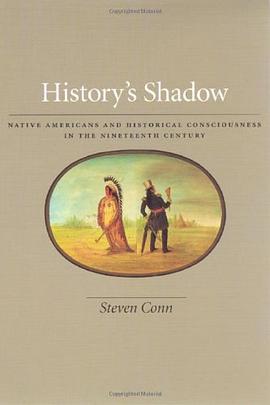

具体描述
The British empire was a huge enterprise. To foreigners it more or less defined Britain in the nineteenth and early twentieth centuries. Its repercussions in the wider world are still with us today. It also had a great impact on Britain herself: for example, on her economy, security, population, and eating habits. One might expect this to have been reflected in her society and culture. Indeed, this has now become the conventional wisdom: that Britain was steeped in imperialism domestically, which affected (or infected) almost everything Britons thought, felt, and did. This is the first book to examine this assumption critically against the broader background of contemporary British society. Bernard Porter, a leading imperial historian, argues that the empire had a far lower profile in Britain than it did abroad. Many Britons could hardly have been aware of it for most of the nineteenth century and only a small number was in any way committed to it. Between these extremes opinions differed widely over what was even meant by the empire. This depended largely on class, and even when people were aware of the empire, it had no appreciable impact on their thinking about anything else. Indeed, the influence far more often went the other way, with perceptions of the empire being affected (or distorted) by more powerful domestic discourses. Although Britain was an imperial nation in this period, she was never a genuine imperial society. As well as showing how this was possible, Porter also discusses the implications of this attitude for Britain and her empire, and for the relationship between culture and imperialism more generally, bringing his study up to date by including the case of the present-day USA.
作者简介
Bernard Porter, Emeritus Professor of History, University of Newcastle
目录信息
读后感
评分
评分
评分
评分
用户评价
相关图书
本站所有内容均为互联网搜索引擎提供的公开搜索信息,本站不存储任何数据与内容,任何内容与数据均与本站无关,如有需要请联系相关搜索引擎包括但不限于百度,google,bing,sogou 等
© 2026 book.wenda123.org All Rights Reserved. 图书目录大全 版权所有




















